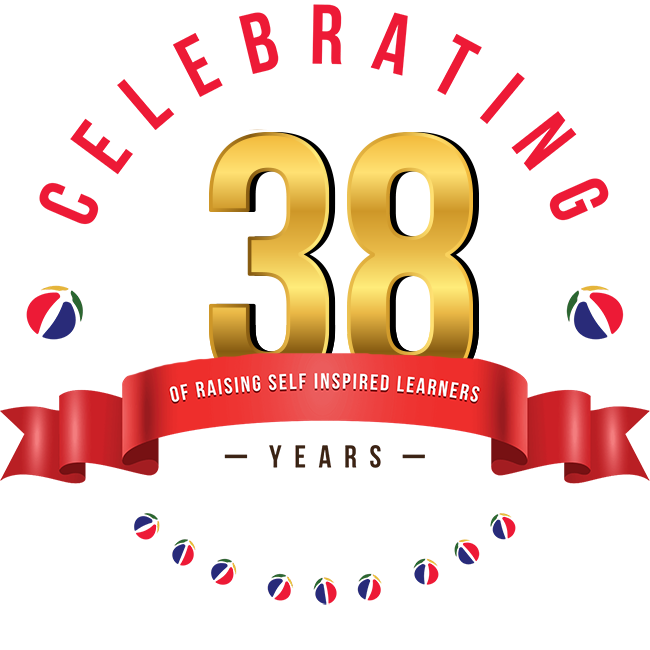There are many different philosophies for child-rearing, similarly many different modes of early childhood education. Which you choose depends on your child’s temperament and personality.
- A child who learns best from hands-on experiences would benefit from the Montessori Method. In a Montessori school, children are active participants in their own education and are given the opportunity to engage in meaningful, practical learning experiences. Teachers act as facilitators, designing the learning environment, providing resources and demonstrations, observing children’s growth and development and keeping meticulous records. Children work at their own pace and are allowed to remain engaged in an activity for as long as they need to, learning to solve problems on their own and gaining the self-confidence that comes from achievement. The classrooms are calm, there is an atmosphere of respect, and children gain higher self-esteem along with a lifelong love of learning.
- If self-expression is a high priority, you might want to find a program that employs the Reggio Emilia approach. Reggio Emilia schools are not common, but many schools utilize an approach based on the Reggio Emilia method. Developed after World War II, this philosophy employs a project-based approach encouraging children to explore. Lessons are based on the interests of the students, and projects tend to be child-originated and teacher-facilitated. Children’s activities are often documented with photos, videos and notes, allowing the teachers and students to review what they’ve done throughout the year. This method encourages cooperation and problem-solving.
- A child who thrives in a group-oriented, structured environment will do well at a Waldorf School. Using a play-based approach, Waldorf schools offer children a dependable routine with activities like baking or gardening. Mixed-age classrooms have the same teacher for multiple years, and there’s an emphasis on creativity. Waldorf schools do not use a traditional grading system, and electronics are not included in the curriculum. The curriculum does not involve academics, although children do begin to learn reading skills in the first grade. Children at a Waldorf school spend plenty of time outdoors.
- If religious education is your objective, a church or temple based childcare may meet your needs. A faith-based preschool offers the advantage of continuity of values at home and at school and can help support you in the religious education of your child. Additionally, when your child attends a faith-based childcare, you’re likely to meet and interact with like-minded families.
You know your child better than anyone, which makes you uniquely qualified to know which early childhood education program will work for your child and your family. We’d love to show you all that MSOD has to offer so that you can decide whether we have the right program for your child. Founded by Montessori School of Downtown, the Shipra Campus is much more than the average childcare center. Rather, it’s Pearland’s premier educational childcare facility with programs for children age six weeks through elementary. The brainchild of decades of curricula development, technology integrated education, and traditional Montessori concepts that are proven to work, Shipra is educating the community leaders of tomorrow, using holistic development, global awareness, and individualized education. To learn more about Shipra or Montessori School of Downtown, visit our website today.


